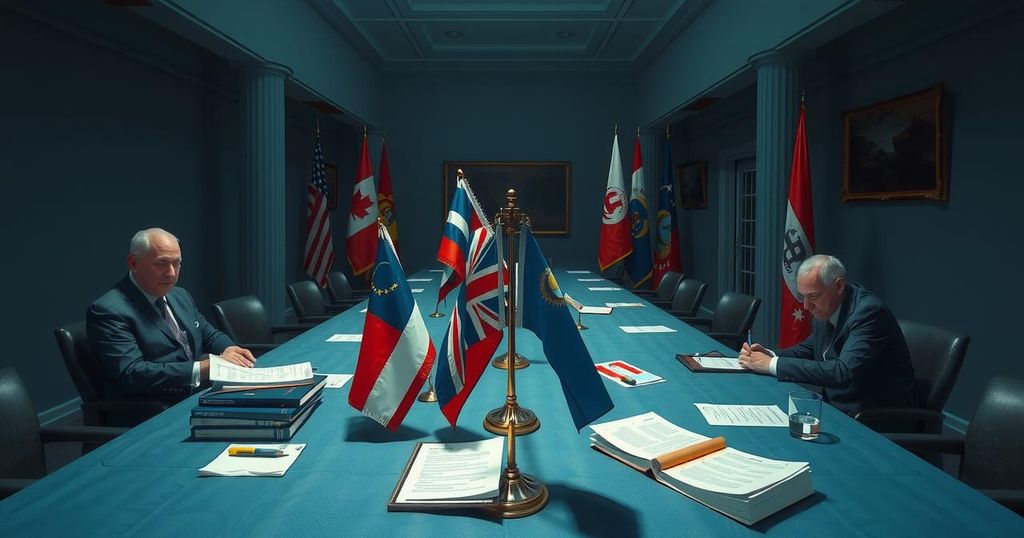Global news
AFC, AFFAIRS AND, AFRICA, ALLIANCE FLEUVE CONGO, BORDER SECURITY, CO, CONGO, COOPERATION, CORNEILLE NANGAA, CORRUPTION, DR CONGO, DRC, ELECTORAL COMMISSION, EU, EUROPEAN UNION, FA, FAHRENHOLTZ, FDLR, FOREIGN AFFAIRS AND SECURITY POLICY, HUMAN RIGHTS, KA, M23, OLIVIER NDUHUNGIREHE, OU, PETERFAHREN, RWANDA, SECURITY, WAR, WAZALENDO
Isaac Bennett
0 Comments
Diplomacy and Crisis Management: EU Faces Scrutiny Over DRC Conflict
Peter Fahrenholtz, former German ambassador, challenges EU’s Kaja Kallas on accusations of Rwandan support for M23 rebels in the DRC, highlighting the need to address the grievances of the M23 and the involvement of European mercenaries in the conflict, along with comments from Rwandan Foreign Affairs Minister Olivier Nduhungirehe on security concerns.
In a recent exchange, Peter Fahrenholtz, a former German ambassador to Rwanda from 2012 to 2016, confronted Kaja Kallas, the European Union’s High Representative for Foreign Affairs and Security Policy, regarding her allegations about Rwanda’s support for the M23 rebel group in the eastern Democratic Republic of Congo (DRC). Kallas asserted that M23 and Rwanda must respect the territorial integrity of the DRC, implying that M23 rebels are not citizens of the country.
Fahrenholtz emphasized that the underlying grievances of the M23 rebel group, as well as the continued harassment of Congolese Tutsi, demand more robust attention. Additionally, he raised critical questions about the involvement of European mercenaries in the DRC’s conflict against M23, highlighting the complexities faced by ethnic minorities within eastern DRC.
The M23 is part of the Alliance Fleuve Congo, which advocates for the rights of the Congolese Tutsi community, historically subjected to severe persecution. In the ongoing conflict, approximately 2,000 Eastern European mercenaries have been employed to support the Congolese army and its various coalitions, which include Burundian forces and local armed groups.
During her March 10 meeting with Rwandan Foreign Affairs Minister Olivier Nduhungirehe, Kallas was met with Rwandan denials regarding accusations of assisting the M23. Minister Nduhungirehe expressed concerns over collaborative efforts between the Congolese army and the FDLR militia, which is notorious for its role in the 1994 Rwandan Genocide. He argued that assigning blame to Rwanda would not effectively address the crisis in eastern DRC.
In summary, the discourse surrounding the DRC crisis has intensified with critical statements from both European officials and Rwandan representatives. As Peter Fahrenholtz questions the narrative posed by Kaja Kallas, he highlights the complexities involving native grievances and foreign mercenary involvement. The rhetoric suggests a need for a more balanced approach to addressing the multifaceted issues affecting all stakeholders in the region.
Original Source: www.newtimes.co.rw




Post Comment